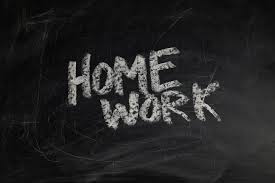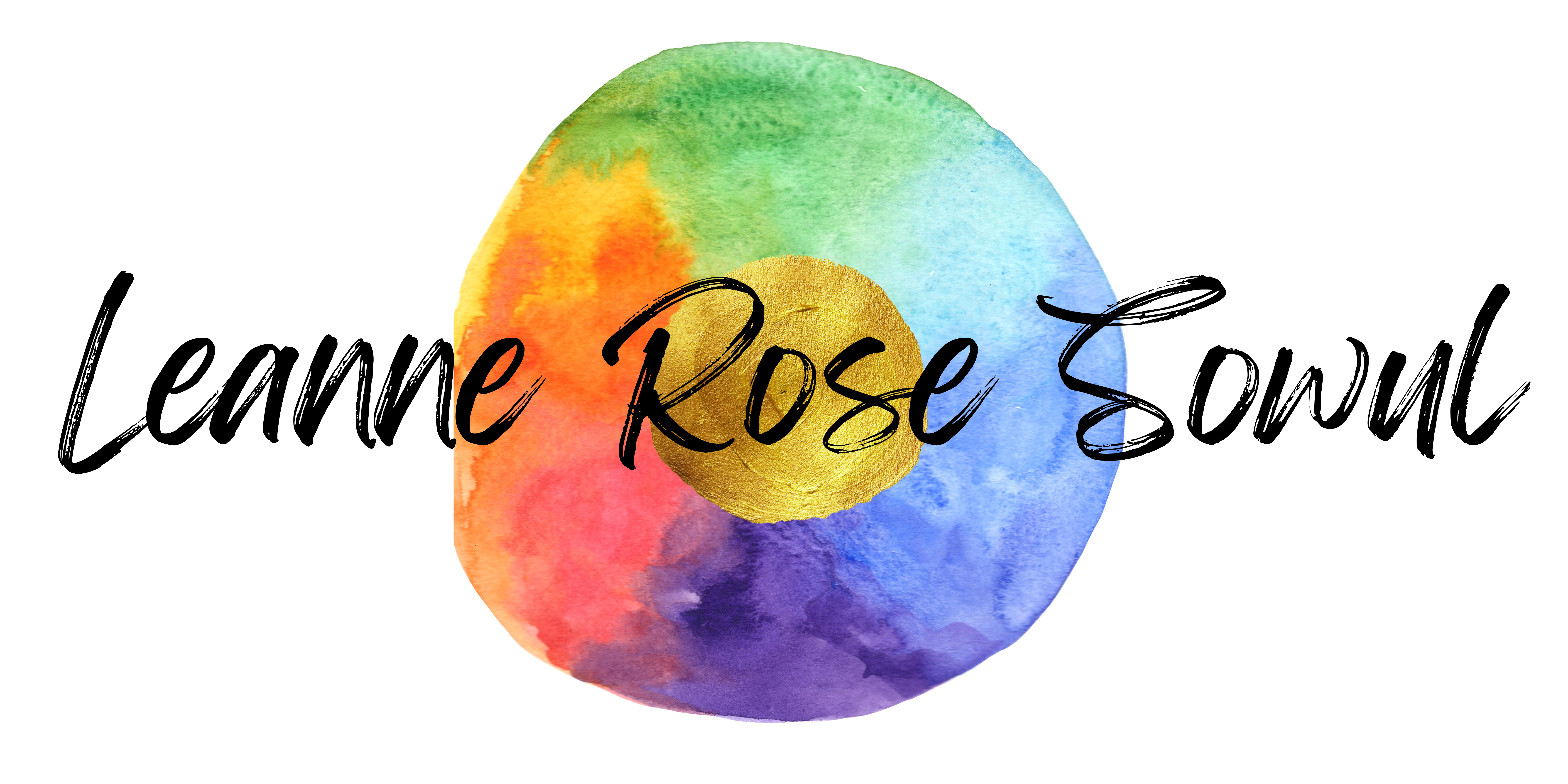I’m going to confess something to you. Sometimes I feel like I’m not a “real” writer, because I don’t have an MFA.
I am fortunate to have two degrees from wonderful education programs, one in music, and the other in humanistic and multicultural education. I have also taken classes from many excellent writing institutions. But I don’t have any formal collegiate training in writing.
I’ve read and been told repeatedly that this doesn’t matter. That a publishing dream is just as achievable with or without an MFA. That what matters is the quality of the writing, not the pedigree of the writer.
But as an educator, I understand the value of a great teacher, the sort that tend to congregate within MFA programs. I feel like I’ve missed out on something by not attending classes or being mentored in this subject I so love.
Despite that, I realized something recently that made me feel a little less diminished by the MFA system, and a little more like a “real” writer after all.
I may not be involved in an MFA program, but I am still an educator. I’m well-practiced and well-trained. I even have a teaching pedigree: my entire family, grandparents and in-laws included, are in the education field.
I also know my “student” very, very well. I know how I learn and the kinds of habits I can build. From the hours I spent practicing my flute, I know that I can be disciplined. From my experience preparing for a recital at the end of each semester, I know that I can take on big projects and be focused on a goal. From doing group projects in graduate school, I know that I can research and communicate with others in my field.
All I need to do is take my skills as a educator and my resources as a student, translate them into writing, and presto! An MFA without the fancy credentials (and without the thousands in debt).
How do I do that? Well, here’s my curriculum:
- I use well-respected textbooks. I read books on writing craft, creative writing, research methods, publication, and everything in between. I do the exercises suggested in these books.
- I assign myself long-term and short-term projects. Novels, blog posts, guest posts, short stories: I’m constantly giving myself new work and setting deadlines.
- I sync up with the larger writing world. I query, tweet, comment, and attend conferences to grow my writing circle.
- I practice guided reading, by choosing books within my fiction and nonfiction genres and anything that might relate to subjects I’m writing about.
- I force myself to attend class every day. I set specific times to write; at those times, I sit at my desk and work. Sometimes I’m more attentive than others; sometimes I’d rather sleep in and skip class. But being my own teacher means I don’t let myself get away with it.
You can do this too. Even if you’re not a teacher by profession, you’ve studied the work of educators throughout your educational career. Which teachers did you respond best to, and why? What projects might you translate to help you grow and learn in a new subject?
In what ways can you be your own educator?

You should check out the Hudson Valley writing project. It’s part of the National Writing Project. You have so much to offer other teachers and there’s a different kind of writing community there.
Thanks Lynn, I have often thought of trying that. You are involved there, or have been in the past, correct?
You sound like a wonderful teacher! I think it’s great that you’ve recognized the professional efforts you put into educating yourself. There is always more to be learned and that’s part of the fun!
Thanks Kathy! Education and personal growth are very important to me.